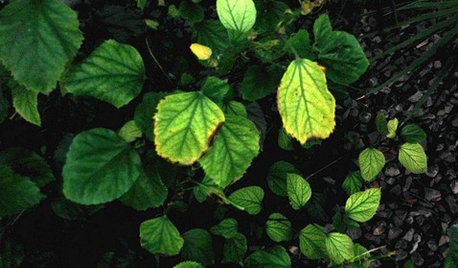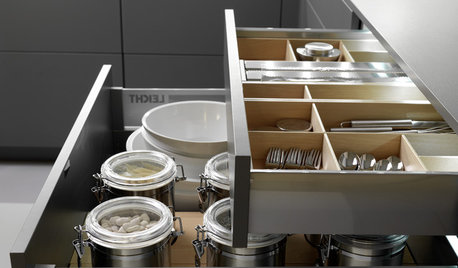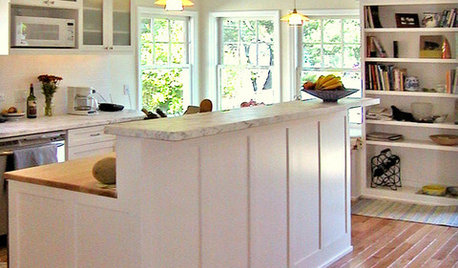Packaged organic compost is often human sewage
joellenh
12 years ago
Featured Answer
Sort by:Oldest
Comments (14)
piscesfish
12 years agolast modified: 9 years agoscottokla
12 years agolast modified: 9 years agoRelated Professionals
Windham Landscape Architects & Landscape Designers · Saint Matthews Landscape Architects & Landscape Designers · Severn Landscape Architects & Landscape Designers · Springfield Landscape Contractors · Fuquay-Varina Landscape Contractors · La Vista Landscape Contractors · Morrisville Landscape Contractors · Thonotosassa Landscape Contractors · Wethersfield Landscape Contractors · Baltimore Decks, Patios & Outdoor Enclosures · Des Moines Decks, Patios & Outdoor Enclosures · Fort Pierce Decks, Patios & Outdoor Enclosures · Honolulu Decks, Patios & Outdoor Enclosures · Parker Decks, Patios & Outdoor Enclosures · Villa Park Decks, Patios & Outdoor EnclosuresOkiedawn OK Zone 7
12 years agolast modified: 9 years agododemeister
12 years agolast modified: 9 years agoOkiedawn OK Zone 7
12 years agolast modified: 9 years agomiraje
12 years agolast modified: 9 years agoscottokla
12 years agolast modified: 9 years agolittledog
12 years agolast modified: 9 years agomiraje
12 years agolast modified: 9 years agohshields
12 years agolast modified: 9 years agokelleyp125
12 years agolast modified: 9 years agododemeister
12 years agolast modified: 9 years agojoellenh
12 years agolast modified: 9 years ago
Related Stories

GARDENING GUIDESWhat's Wrong With My Plant? Leaves Often Hold the Clues
Learn how to identify common plant ailments by reading their leaves
Full Story
GARDENING GUIDESGet on a Composting Kick (Hello, Free Fertilizer!)
Quit shelling out for pricey substitutes that aren’t even as good. Here’s how to give your soil the best while lightening your trash load
Full Story
LIFETop 10 Unsung Organizing Tools
Look no farther than your drawers, closets or purse for the best and cheapest ways to keep your home neat and organized
Full Story
MOST POPULARThe Not Naturally Organized Parent's Guide to the Holidays
This year get real about what you can and cannot handle, and remember the joys of spending time with the ones you love
Full Story
ORGANIZINGOrganizing Secrets: It’s the Little Things
Get these 8 small areas under control for a major boost in overall tidiness at home
Full Story
DECORATING GUIDESHow to Work With a Professional Organizer
An organizing pro can help you get your house together. Here's how to choose the right one and gain your own clutter-clearing skills
Full Story
ORGANIZINGProfessional Tips for Organizing Your Clothes Closet
As summer draws to a close, get expert advice on editing and organizing your wardrobe
Full Story
LIFE10 Best Ways to Get Organized for a Big Move
Make your next move smooth, short and sweet with these tips for preparing, organizing and packing
Full Story
ORGANIZING21 Tips for Organizing Your Stuff
Restore order at home with these ideas for tidying up cupboards, shelves, doors and more
Full Story
KITCHEN DESIGN8 Kitchen Organizing Ideas for Messy Cooks
Not the clean-as-you-go type? Not to worry. These strategies will help keep your kitchen looking tidy no matter what your cooking style is
Full Story





joellenhOriginal Author